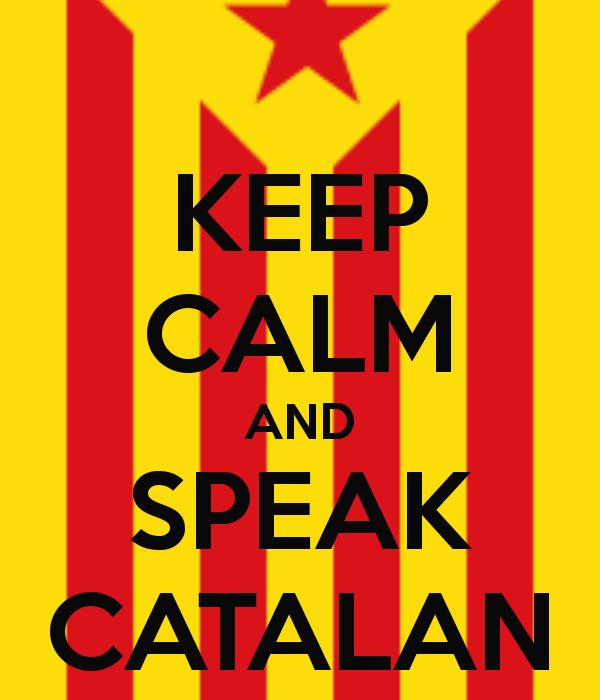How to Learn Catalan Quickly » Fluent in 3 Months
written by
Lisa Hoashi
Full disclosure: This post contains affiliate links. ?
The Catalan language may have a small global footprint with approximately 10 million speakers. But when you learn it, a whole new world opens up to you.
Table of contents
- Why Learn the Catalan Language
- Learning the Catalan Language Is (Kind of) Revolutionary
- Why Catalan is Easy and Fun to Learn
- How Catalan Pronunciation is Similar to Spanish
- The Rolled “R”
- The Sounds of “V” and “B”
- “Ñ” Becomes “NYA”
- Unique Letters and Sounds in Catalan Pronunciation
- Pronouncing “X” as “CH”
- “G” Can Also Make a “CH” Sound
- The Cedilla “Ç”
- “LL” Is a Challenging Sound to Learn
- “NY” – Another Challenging Sound
- Catalan Resources: Free Online Courses for Learning the Catalan Language
- Catalan Language Courses: Low-Cost Classes for Learning the Catalan Language
- How to Practise Catalan with Native Speakers – Find Online Tutors!
- Begin Your Catalan Adventure
Why Learn the Catalan Language
First, you’ll be introduced to some beautiful places. The majority of Catalan speakers are found in Catalunya (often referred to as “Catalonia” in English), in the northeastern corner of Spain, a place where you can both laze on idyllic beaches and climb dramatic mountains.
Catalan is also spoken in the Mediterranean paradises of the Balearic Islands and the city of Alghero in Sardinia, Italy. A variant is also spoken in Valencia, Spain, home of the world-famous paella.
There are Catalan speakers in southern France along the border with Catalunya. Catalan is also the national language of Andorra, a tiny country tucked high into the breathtaking Pyrenees mountains.
Winter hiking in the Catalan Pyrenees. Photo credit: Lisa Hoashi.
When you learn the Catalan language, you get greater access to the Pyrenees – full of climbing, trekking, paragliding and skiing routes. You will also be able to navigate magnificent Mediterranean islands and beaches, lovely countryside, and vibrant cities.
You’ll be able to fully appreciate many historic sites leftover from the Greeks, Romans, Moors, and the many other peoples who invaded these historically sought-after lands.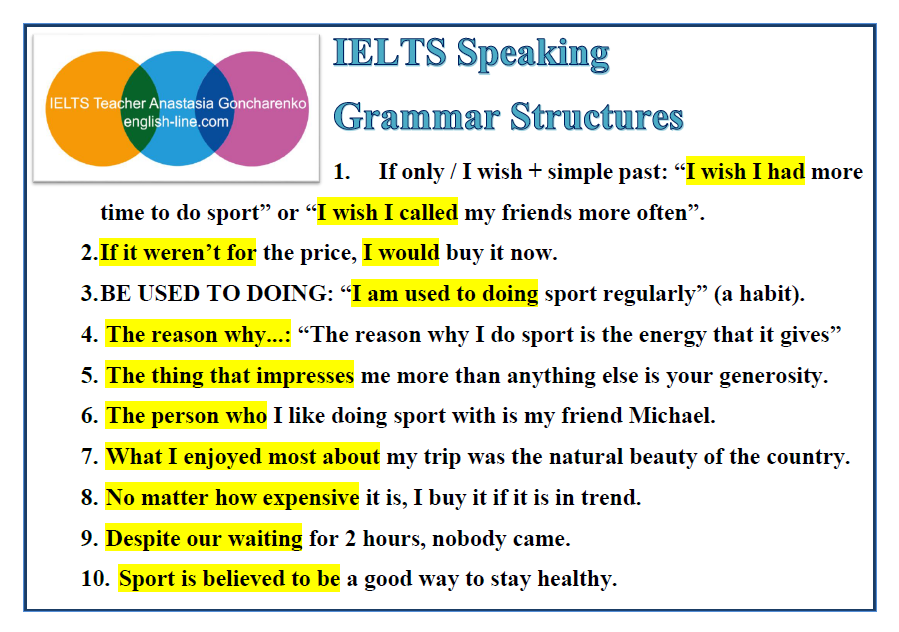
Platja del Port Peregrí in Calella de Palafrugell on the Costa Brava. Photo credit: Andrea Ciambra
You’ll meet some great people, get to know their rich cultural history, and desirable way of life.
Famous Catalans include artists Salvador Dalí and Joan Miró, cellist Pablo Casals, architect Antoni Gaudí, and chef Ferran Adrià.
Game of Thrones, season six, filmed on these steps leading to the Cathedral of Girona,
Spain. Photo credit: Georges Jansoone
The gorgeous, friendly and culturally vibrant seaside city of Barcelona is the capital of Catalunya. It has great architecture, fabulous restaurants and lively festivals, such as La Mercè, a city-wide, multi-day party every September featuring free cultural and music events.
Catalans are known for their delicious Mediterranean cuisine. (Many say that, in Spain, their only rival in regional cuisine are the Basques). The recipes are simple; what makes them so outstanding are the tasty and fresh ingredients, including delectable olive oil, seafood, tomatoes, cheeses and charcuterie.
The wine and cava (Catalan sparkling wine) also excellent – and very affordable. This is a place to savour your food and drink in the sunshine.
Finally, they have an awesome soccer team!
Learning the Catalan Language Is (Kind of) Revolutionary
If you’re going to learn Catalan, there is some important cultural and political background that you should know.
Catalunya is officially considered an “autonomous community” within Spain. It has its own government which includes, for example, its own president, parliament and police force.
This democratic political set-up has been in place since 1978, three years after Spanish dictator Francisco Franco died.
A couple of important notes about this:
First, the Catalan language was banned when Franco was in power. Franco enforced the use of Spanish in its place. During this 36-year period, Catalan went largely underground. School was conducted entirely in Spanish.
Many Catalans continued speaking the language in the privacy and safety of their own homes, but it disappeared from the public arena.
Today, you’ll find that most people speak exclusively Catalan in most parts of Catalunya outside Barcelona. The older generations, those raised during Franco’s dictatorship, can produce a rusty Spanish if needed, but they generally prefer to speak Catalan. Some elderly also don’t know how to write Catalan very well since they never learned it in school.
After democracy and the autonomous Catalan government was restored in 1978, the Catalan language reemerged in the public arena once again, in full force.
It is now seen as a key element of Catalunya’s national patrimony and promoted in full force.
Second, there is a strong independence movement in Catalunya. You might have heard that the Catalan government announced a referendum in November of 2014 to see if the majority of the population wanted to split from Spain.
In that referendum, 81 percent voted for independence, though voter turnout was only 42 percent.
Depending where you visit, you will find some people highly opposed to breaking from Spain and others staunchly in favour.
(Our mayor was recently arrested after she refused to take down the Catalan independence flag on City Hall during elections!).
Speaking purely Catalan and participating in Catalan cultural activities – such as castells (building human towers) – are seen as pro-independence actions in places like these.
Castells is the making of human towers, a purely Catalan phenomenon. Photo credit: Escuraxemeneies.
Why Catalan is Easy and Fun to Learn
Catalan is not difficult to learn – especially if you already speak another Romance language.
Many people think Catalan is a dialect of Spanish and that’s not true at all. It’s as different from Spanish as is Portuguese or Italian.
Like these languages, it did come originally from Latin. So there are many similarities. When it comes to vocabulary, pronunciation and grammar, Catalan actually has more in common with French than Spanish.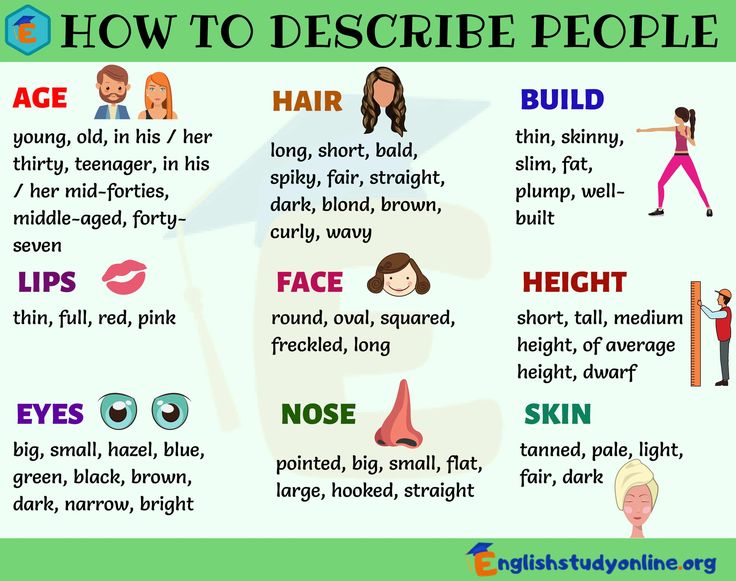
That being said, however, many people – like me – come to Catalan by way of wanting to learn Spanish. I know I am not the first person to land on Barcelona’s sunny shores ignorantly expecting to practise my Spanish – only to learn that the dominant language here is Catalan.
Like many people who visit Catalunya, I fell in love with the culture and lifestyle and ended up staying. (In my case, I literally fell in love with a Catalan farmer, and married him!)
Spanish is my strongest second language. Japanese is the language of my father’s family, so I also grew up exposed to it. I’ve taken beginner courses in Japanese, French, and Arabic.
I know, especially from trying to learn Arabic, that when picking up a new language it helps to link new vocabulary and grammar rules with what you already know. Arabic was very difficult because I felt like I had nothing to “hook” the words to in my brain.
No similarities or associations to help me remember.
By contrast, thanks to having lots of Spanish and a little French, I had plenty of “hooks” for Catalan.
There are plenty of examples of verbs that are similar or the same in Spanish and Catalan, and in French and Catalan.
Here are a few for Spanish:
- Acabar – to end, to finish
- Cantar – to sing
- Caminar – to walk
- Estar – to be
- Poder – to be able to
- Saber – to know
- Ser – to be
Yet the verb conjugations are quite different. See with example of the verb “acabar”:
And here are some of the similar verbs between French and Catalan:
See how many similarities you’ll find if you speak another Romance language? Easy!
How Catalan Pronunciation is Similar to Spanish
Before we dive into the unique letters and sounds found in Catalan, it’s worth mentioning a few that you’ll already know if you speak Spanish.
The Rolled “R”
Like the Spanish, the Catalans roll their “R”’s.
The Sounds of “V” and “B”
In Catalan, as in Spanish, the sound of the letters “V” and “B” are the same.
“Ñ” Becomes “NYA”
Catalan doesn’t use the letter “Ñ” – instead they spell out the sound phonetically as nya.
For example, Catalans would spell their home, Catalunya – whereas the Spanish would spell it as Cataluña.
Another example: The word “to accompany” in Spanish is acompañar, whereas in Catalan it’s acompanyar.
Unique Letters and Sounds in Catalan Pronunciation
Maybe because I’m a writer and avid reader, I enjoy learning how to spell words in a new language. I love how Catalan introduced me to some totally new combinations of letters and sounds.
Pronouncing “X” as “CH”
My favorite by far is the Catalan “X”, pronounced as “CH”.
For example, the word for “lamb” – xai. Pronounce it just like that spicy Indian tea drink: “chai”.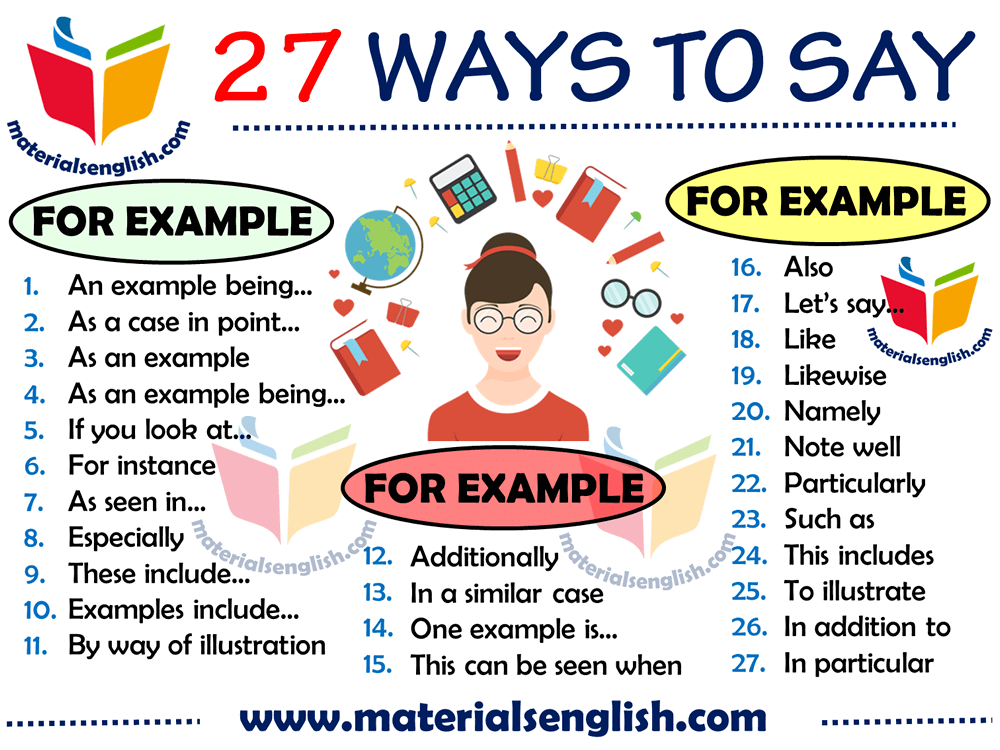
Bet you can guess what this is: xocolata. That’s right, it’s “chocolate”.
And here are two proper nouns: Xile and Xina. Have you figured them out? You got it: Chile and China.
“G” Can Also Make a “CH” Sound
The “ch” sound is very common in Catalan. The “g” can also make this sound (or something very, very similar).
For example, you may have at some point run across this common Catalan surname: Puig. An English speaker might take a stab at this one as “Poog”. But to pronounce it correctly in Catalan it instead has a real bite: “poot-CH” with the “CH” extremely curt at the end.
Another common “G” word is vaig which means “I go.” The pronunciation is something like, “baa-CH”.
The Cedilla “Ç”
The “C” with the cedilla (the little tail underneath the “C”) is a Latin script letter. In Catalan, it’s a hissing “S” (as in “snake”).
For example, the verb “to begin” is començar, pronounced “comenssar.
Or, take the word for “effort”, which is esforç, pronounced “esforss.”
This letter doesn’t occur very often in Catalan.
“LL” Is a Challenging Sound to Learn
The unique sound of the “LL” is very challenging to learn – and it’s common in Catalan!
First, do not assume it will make the same sound as in Spanish. It’s quite different.
In Spanish, the “LL” basically makes a “ya” sound.
Me llamo = “may yamo.”
However, in Catalan, the “LL” makes more of a “yeuh” sound. For example, the word for “language” is llengua and is pronounced as “yeuhng-wa.”
To make the correct sound of the “LL”, you must learn a whole new way of using your mouth. You have to flatten the front of your tongue and push it against the back of your top teeth to produce it.
It’s really difficult! And the worst part is that Catalans often don’t understand what word you’re getting at unless you make this sound correctly.
If it makes you feel any better, some of my Catalan friends say that they had to practise making this sound over and over when they were kids.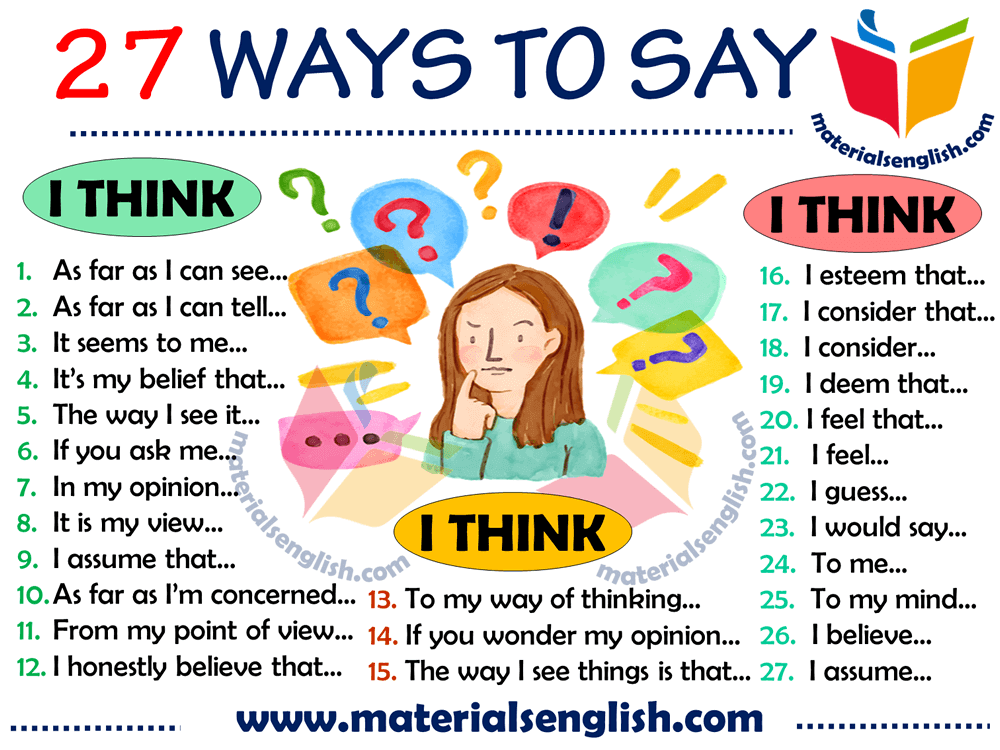
(Hey, that kind of works!)
“NY” – Another Challenging Sound
This is also a very common letter combination and quite difficult, especially maybe for visual learners (like me) who see “NY” at the end of a word and want to pronounce it “nee”.
The “NY” sound essentially is the same as a Spanish “Ñ” – but without a vowel following. If this doesn’t make any sense to you, you’re not alone.
In Spanish, an “Ñ” is always accompanied by a vowel afterward, such as in mañana (man-ya-na) or baño (ban-yo). Now try to say baño but without the “o” at the end. That’s how you say bany in Catalan, which also means “bath.”
Did that totally stump your brain? Yeah, me too. I’m still trying to figure out this sound.
The blank looks that I get when I say any (“year”) or lluny (“far” – which has the added fun of the “LL” too) assure me that I still have some more practising to do.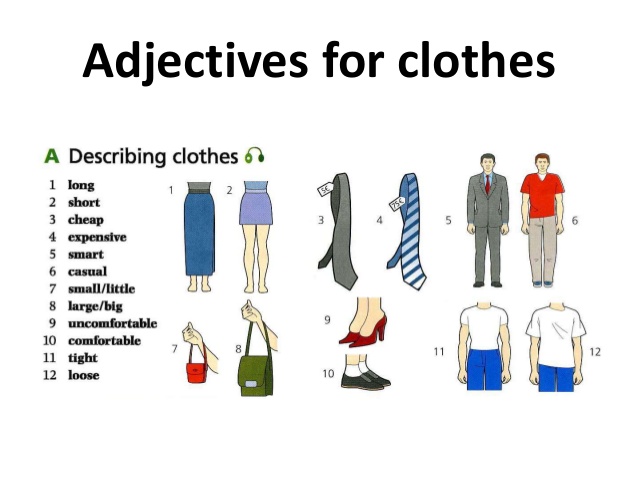
Catalan Resources: Free Online Courses for Learning the Catalan Language
With the movement afoot to encourage more Catalan usage and speakers, you can benefit from some really great resources in learning the language – especially from the Generalitat de Catalunya (local government).
The best is Parla.Cat, which offers free online Catalan courses developed by the Generalitat de Catalunya.
You can sign up to use this website from anywhere in the world (my mom signed up in Portland, Oregon) and choose to either have a self-guided course or hire a tutor additionally for a nominal fee.
The website’s design and functionality feels a little dated, but the materials and lesson plans are top-notch.
Catalan is also an option on Duolingo, although only if you have the website language set to Spanish. That means that if your native language is English – you get a double workout in the tutorials, translating Spanish to Catalan and vice versa.
Catalan Language Courses: Low-Cost Classes for Learning the Catalan Language
If you are able to actually spend some time in Catalunya, you can also take advantage of highly subsidized in-person classes offered by the Consorci per a la Normalització Lingüística.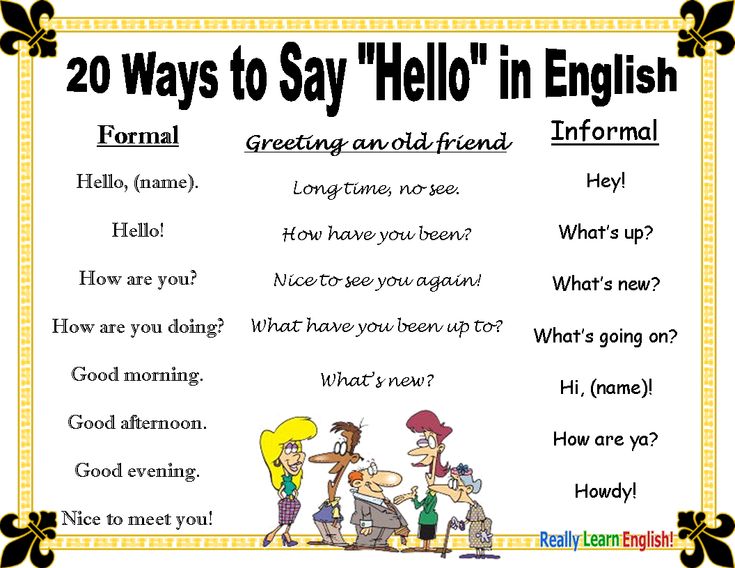
Most medium-sized or larger towns in Catalunya offer these high-quality classes. In my town of approximately 20,000 people for example, I was able to take three levels of beginner courses. A course generally lasts three months, meets twice a week for two and a half hours, and costs under €15 for the entire semester. What a bargain!
These classes are an interesting sociological immersion as well, where you will meet fellow immigrants to Catalunya. In my classes there were people from other parts of Spain, China, Morocco, Dominican Republic, Ecuador and Venezuela.
How to Practise Catalan with Native Speakers – Find Online Tutors!
Catalans are accustomed to foreigners speaking Spanish or English, so if you strike up a conversation in Catalan, they will likely be both surprised and pleased.
Many people in Catalunya are also eager to learn English, so you should have no problem finding partners for language exchanges in person.
But don’t lose hope if you aren’t able to travel to Catalunya! You can practise with native speakers through websites such as Preply.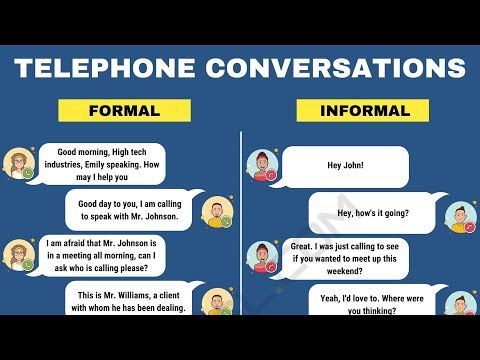
They’re platforms where you can find online tutors to have conversations wherever you are, whenever you can.
Begin Your Catalan Adventure
Are you learning the Catalan language?
Continue your adventures into català, and you’re sure to meet many wonderful new friends along the way.
Original article by Lisa Hoashi, updated by the Fluent in 3 Months team.
Lisa Hoashi
Life Coach
Lisa Hoashi believes you can have your biggest dreams in life – and she’ll show you the practical steps to get there.
Speaks: English, Spanish. Catalan
View all posts by Lisa Hoashi
▷ Learn Catalan online for Free
- Home
- Learn Catalan
Good evening
Goodbye
Goodbye
See you later
Please!
Thanks
Thanks a lot
Thank you for your help
Don’t mention it
How much is it?
How much is it?
Sorry!
I don’t understand
I get it
I don’t know
Forbidden
Excuse me, where are the toilets?
Happy New Year!
Happy birthday!
Happy holiday!
Congratulations!
Presentation
With the “First Contact” course, you will be able to use the important words and phrases of a language in less than 2 months.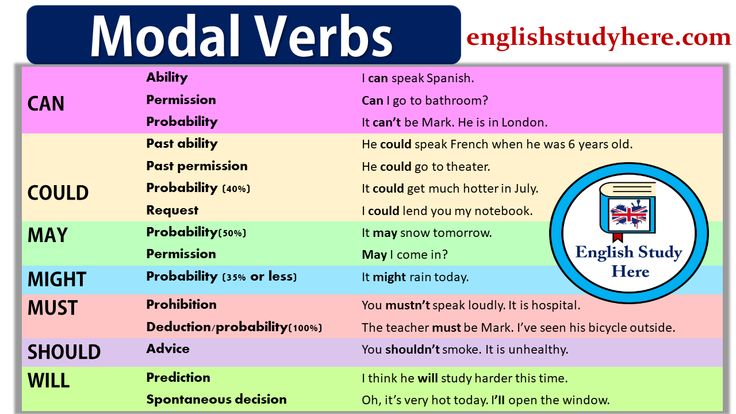
This 17-part course is free.
This course has two objectives: to give you the ability to communicate in very simple situations and to prove to you that you are capable of learning a new language.
We have developed an extremely effective approach to facilitate the memorization of content: loop training combined with a spaced memory algorithm.
If you follow our plan, you can learn the basics of any language in just a few weeks.
Each lesson is divided into three steps:
- Exploring the content and practicing pronunciation.
- Listening to the content on your own to get a feel for it.
- Active memorization by taking tests that allow you to progress while evaluating your knowledge.
In the “Help” section you will find all the details to make the best use of our method.
Opinion
List
| English | Catalan | |||
|---|---|---|---|---|
| Hello | Bon dia | |||
| Hi! | Hola | |||
| Good evening | Bona nit | |||
| Goodbye | Adéu | |||
| Goodbye | Adéu-siau | |||
| See you later | Fins més tard | |||
| Yes | Sí | |||
| No | No | |||
| Please! | Si us plau! | |||
| Thanks | Gràcies | |||
| Thanks a lot | Moltes gràcies | |||
| Thank you for your help | Gràcies per la seva ajuda | |||
| Don’t mention it | De res | |||
| Ok | D’acord | |||
| How much is it? | Quin preu té, si us plau? | |||
| How much is it? | Què val si us plau ? / Quan costa si us plau? | |||
| Sorry! | Disculpi | |||
| I don’t understand | No ho entenc | |||
| I get it | Entesos | |||
| I don’t know | No ho sé | |||
| Forbidden | Prohibit | |||
| Excuse me, where are the toilets? | On són els lavabos, si us plau? | |||
| Happy New Year! | Bon any! | |||
| Happy birthday! | Per molts anys! | |||
| Happy holiday! | Bones festes! | |||
| Congratulations! | Felicitacions! |
Vocabulaire mémorisé
Here you will find all the words that your memory seems to have stored permanently.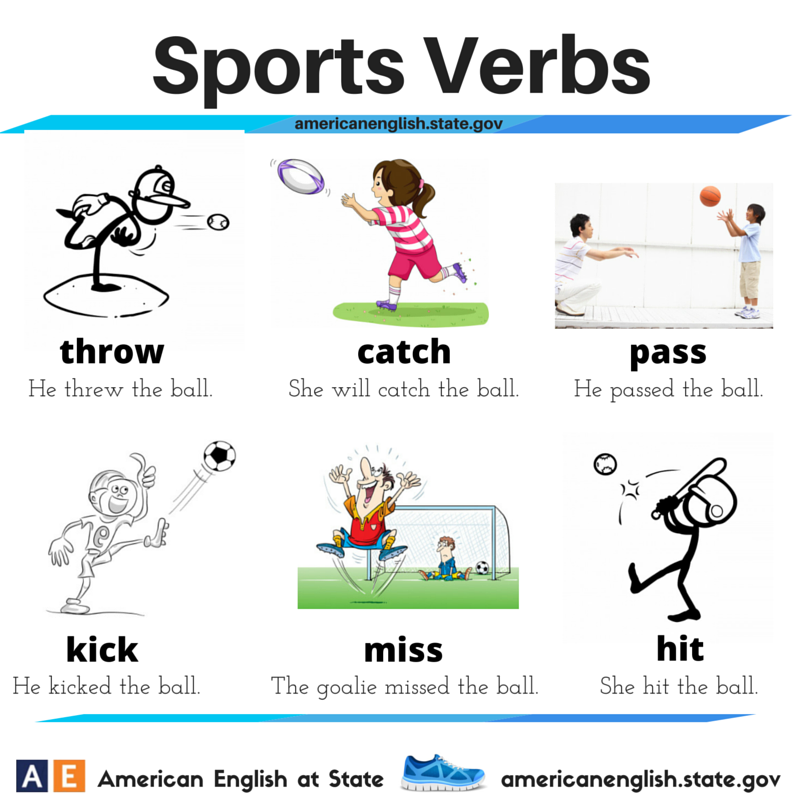
Improve your pronunciation
Download the sounds and print the lists
All the vocabulary of this theme
How to learn Catalan by yourself? Start with an easy and free online course!
We have adopted an objective and efficient approach to learn how to speak a language easily and quickly: we suggest you to start by memorizing words, phrases and practical expressions that you can use in everyday life and that will be useful when traveling.
Getting used to pronounce words out loud, numbers for instance, is an easy exercise that you can practice often and at anytime throughout the day.
It will help you to get used to the sounds of your chosen language and thus make it more familiar.
And once your holidays have begun in Catalonia, Andorra or elsewhere, you will be surprised how familiar and easy to understand it will seem.
Furthermore, using a pocket dictionary is always useful, particularly during a trip. It enables you to find the translation of new words and enrich your vocabulary.
Why speak Catalan while traveling?
Your next destination must fulfill your desires for culture, gastronomy and… Celebration? Discover the “Catalan Countries”, their language and culture! Sublime beaches, artistic riches and gourmet gastronomy
Spoken by more than 10 million people, Catalan is one of the languages of the European Union.
One of the regions where the language is spoken is Catalonia, which has been one of the regions which make up the “Four Motors for Europe” since 1988, and is Spain’s number one tourist destination thanks to the attractions of Barcelona, Girona and Tarragona, to name but a few.
Visiting the region, art lovers will discover the works of important figures from the art world, including Salvador Dalí, Joan Miró, Pablo Picasso and Antoni Gaudí. Important masterpieces of the latter can be visited in the area, such as Park Güell, Palazzo Güell, Casa Milà, the façade of the Nativity and the crypt of the Sagrada Família.
The language will be an asset for those who want to enjoy the architectural splendor of Valencia or the charm of the Balearic Islands, including Mallorca and Ibiza, with their famous beaches, caves and festivals.
Make a success of your stay in Catalonia
Whether you are going to spend a few days with friends for a leisure trip or if you are on a business trip, nothing will be more useful to you than to be able to slip a few words in the language of your interlocutors, who will appreciate your effort and will be certainly more willing to help.
How to succeed in having good pronunciation within a week to a month?
Coming from Vulgar Latin, Catalan is spoken in the regions of the ancient territories of Aragon, today between Spain, France, Andorra and Italy.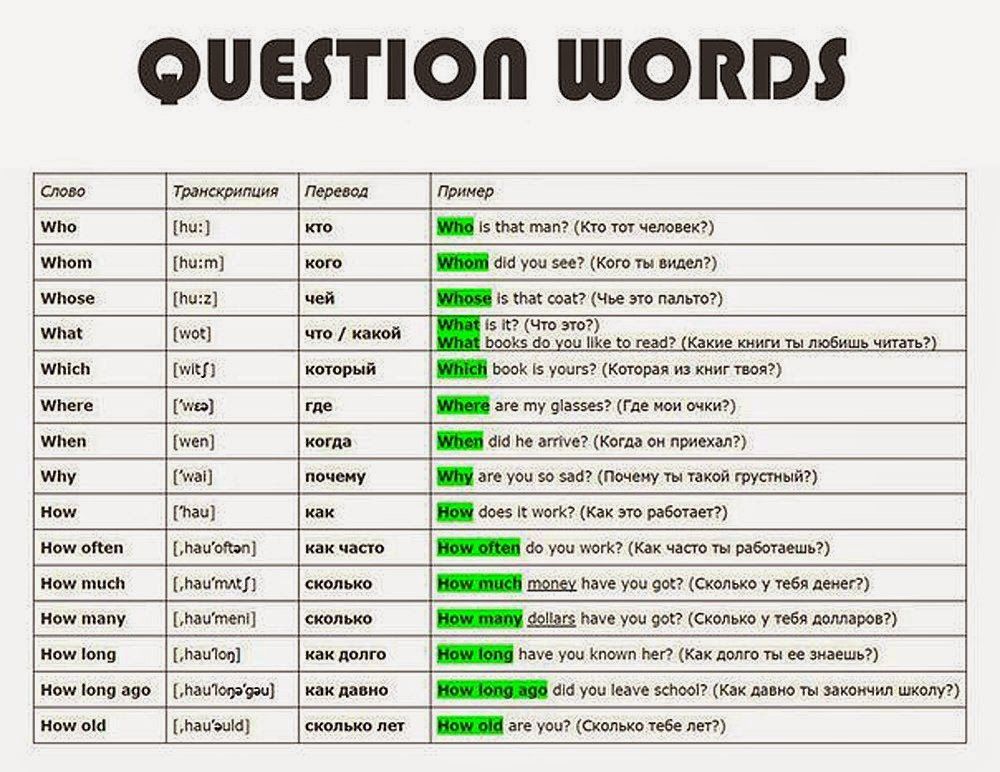
Among the most remarkable phonetic features:
The H is always silent
The M and N do not lead to a nasalization of the preceding vowel
The NY is a palatal N that is pronounced like the French GN, the Portuguese or Occitan NH, or the Castilian Ñ.
We invite you to listen to the pronunciation of the letters by clicking on the following link: Catalan alphabet with audio.
Alphabet > Catalan
7.6/10
(15 votes)
Your comments are welcome!
learn numbers in Catalan and how to pronounce them correctly
by UniProject
El Catalan It is a Romance language spoken in Catalonia, the Valencian Community, the Balearic Islands and eastern Aragon, as well as Roussillon, France, and the city of Alghero in Sardinia. Learning numbers in Catalan is a fundamental aspect for anyone who wants to immerse themselves in this rich culture and language.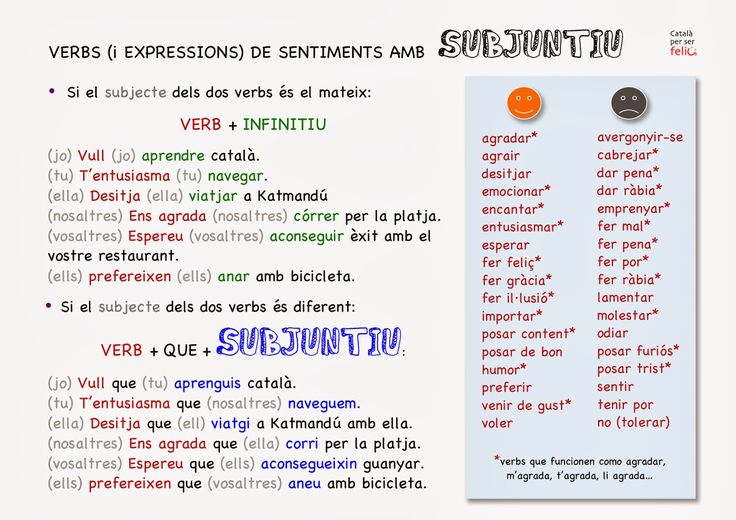
Contents
- 1 Learn the numbers 1 to 10 in Catalan
- 2 The numbers 11 to 20 in Catalan
- 3 Counting in tens to 100
- 4 Composite numbers in Catalan
Calculus
in Catalan
Learn the numbers 1 to 10 in Catalan
The first step to learning numbers in any language is to start with the basic numbers 1 to 10. Here is a list of numbers in Catalan, along with their Spanish translation and phonetics:
- 1: un (one) – /ˈun/
- 2: dos (two) – /ˈdɔs/
- 3: tres (three) – /ˈtres/
- 4: quatre (four) – /ˈkwatɾə/
- 5: zinc (five) – /ˈsiŋk/
- 6: sis (six) – /ˈsis/
- 7: set (seven) – /ˈset/
- 8: vuit (eight) – /bit/
- 9: know (nine) – /ˈnɔw/
- 10: deu (ten) – /ˈdew/
Numbers 11 to 20 in Catalan
Once you have learned the numbers 1 to 10, it will not be difficult to memorize the numbers 11 to 20.
- 11: once (eleven) – /ˈɔn.zə/
- 12: dotze (twelve) – /ˈdɔtsə/
- 13: treze (thirteen) – /ˈtɾetsə/
- 14: fourteen (fourteen) – /kaˈtɔɾ.zə/
- 15: quinze (fifteen) – /ˈkin.zə/
- 16: setze (sixteen) – /ˈsɛtsə/
- 17: disset (seventeen) – /diˈsɛt/
- 18: divuit (eighteen) – /diˈbit/
- 19: dino (nineteen) – /diˈnɔw/
- 20: screw (twenty) – /ˈbandage/
Counting in Tens to 100
Next, we will learn how to count from 10 to 10 in Catalan. Mastering these numbers is necessary to facilitate the study of large numbers and perform basic mathematical calculations. Here is a list of numbers ten by ten:
- 30: thirty (thirty) – /ˈtɾɛn.tə/
- 40: quaranta (forty) – /kwaˈɾan.tə/
- 50: fiftieth (fifty) – /siŋˈkwan.
tə/
- 60: seixanta (sixty) – /səjˈʃan.tə/
- 70: setanta (seventy) – /səˈtan.tə/
- 80: vuitanta (eighty) – /bwiˈtan.tə/
- 90: noranta (ninety) – /nɔˈɾan.tə/
- 100: cent (one hundred) – /ˈsen.t/
Composite numbers in Catalan
Once you have mastered the basic numbers in Catalan, you can combine them to form compound numbers such as “veintidós” (vint-i-dos) or “fifty-seven” (cinquanta-siet ). To do it right, in Catalan the conjunction “i” (and) is used between some numbers, as in the examples given.
It is important to note that some grammar rules apply to the formation of composite numbers in Catalan. For example, when the number following “i” begins with a vowel, Catalan usually adds a consonant to the “i” to make it easier to pronounce. An example of this can be found in “vint-i-un” for “twenty-one” (instead of “vint-i-un”).
Learn Catalan ordinal numbers
Ordinal numbers in Catalan follow a similar pattern to cardinal numbers, although they present some differences in terms of grammar and pronunciation.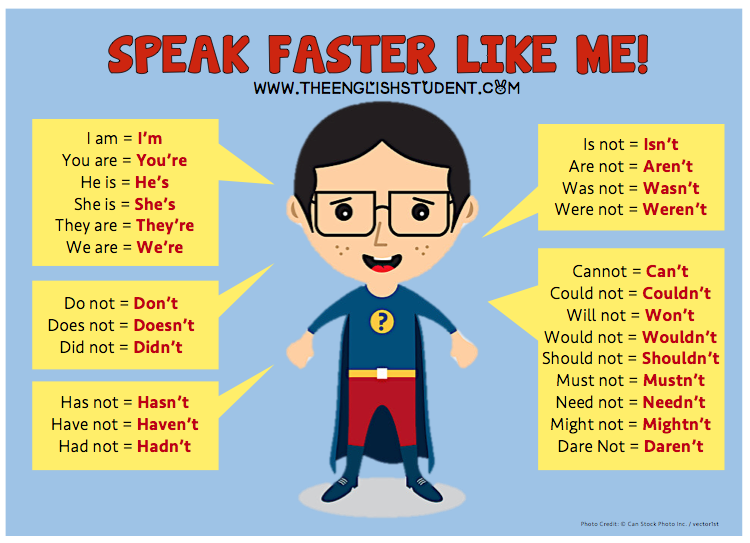
- primer (first) – /ˈpɾi.məɾ/
- segon (second) – /səˈɣɔn/
- tercero (third) – /ˈtɛɾ.səɾ/
- quart (fourth) – /ˈkwart/
- cinquè (fifth) – /siŋˈkɛ/
Thus, learning numbers in Catalan is an important aspect in the process of learning this language. Practicing pronunciation and memorizing basic numbers will help you navigate everyday situations with ease. Keep practicing and you’ll soon master the Catalan numbers!
Online Catalan tutors • Catalan tutors
17 tutors Catalan available
Your local time is
Mon
Tue
Wed
Thu
3 Sat
Sun
Morning
06:00— 12:00
Day
12:00-18:00
Evening
18:00-24:00
Night
00:00-06:00
See full schedule0003
-
Laura G.
- Catalan
50 min lesson
4 active students
•28 lessons
- Catalan
- Speaks:
- 4
+4
Translated by Google TranslateShow original
Certified tutor with 10 years of experience Hello everyone! My name is Laura and I am from Girona (Catalonia). I am a native speaker of Catalan and Spanish and I am also very fluent in English (I have a Cambridge University English Certificate) and French (I live in France 9years).
Read more
Super Tutor
Javier R.
- Catalan
50 min lesson
19 lessons 3 906 active students 906 003
- Speaks:
+ 1
Translated by Google TranslateShow original
Certified tutor with 6 years of experience.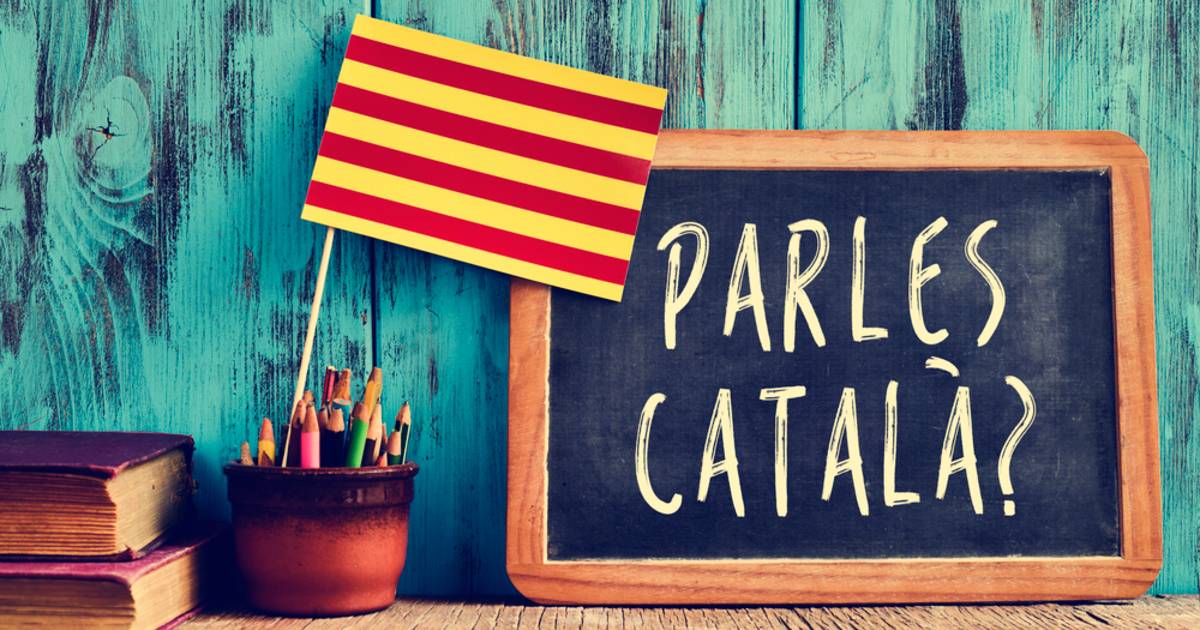
I am a native speaker of Catalan and Spanish, I have studied all university subjects in both languages and currently I have a lawyer degree in the Ministry of Spain and I have the highest qualification in Catalan to be able to teach and conduct classes.
Read more
Super Tutor
Ada M.
- Catalan
50 min lesson •
903 active students s
- Speaks:
+3
Translated by Google TranslateShow original
Certified speech therapist with 5 years of experience. I am 28 years old and I teach Catalan.
I have been working as a speech therapist for 5 years, so with me you will also learn how to speak with a good accent and pronounce all phonemes.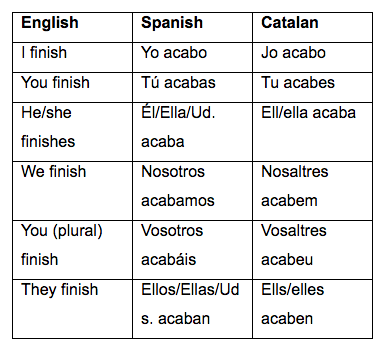
I am a citizen of Andorra, where the official language is Catalan.
My classes are dynamic and playful.
Read more
Super Tutor
Ivan C.
- Catalan
50 min lesson
21 3063 lessons
- Speaks:
+ 2
Translated by Google TranslateShow original
A Catalan teacher who helps you progress quickly You will have fun and improve very quickly as you learn the best Catalan in the world (Catalan from Barcelona).
I consider myself an energetic teacher and always try to make sure that my students make the best use of their time.
I try to make my lessons fun, effective, and have a good time with my students.
Read more
Super Tutor
Anna L.

- Catalan
50 min lesson
11 active students 30006 3
- Speaks:
+2
Translated by Google TranslateShow original
I can speak four languages, but Catalan is my mother tongue Hello everyone, my name is Anna, I am 29 years old, I am Catalan by origin, but I can speak four different languages. I am also a photographer and love to travel the world with my camera. I studied audiovisual communications at the university and received a master’s degree in photojournalism. I am a very patient, cheerful, extroverted and easygoing person.
Read more
Laia A.
- Catalan
50 min lesson
13 active students
•
6 •
6 Spanish Mother tongue
+2
Translation from Google TranslateShow original
Certified Catalan teacher Hello! My name is Laia and I am an online Catalan teacher.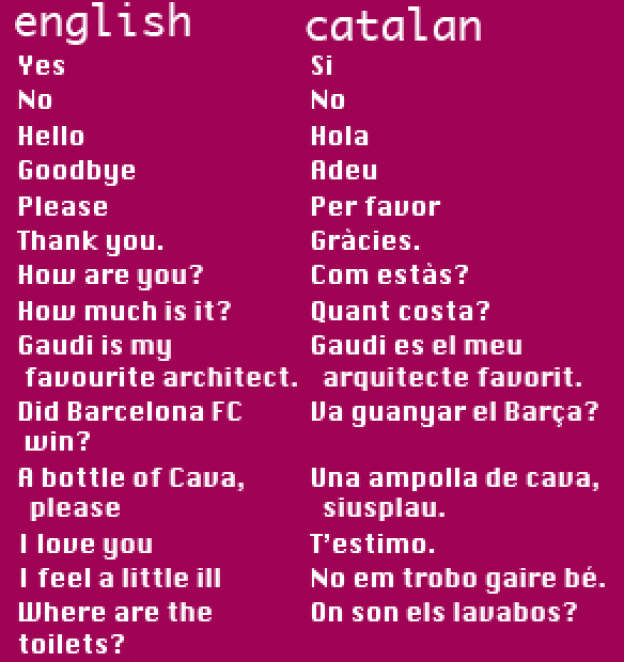
I have experience teaching Catalan in international companies, as well as private lessons. I also worked as a language editor for a newspaper.
Read more
Guillem L.
- Catalan
50-min lesson
10 active students
•201 lesson
•201 lesson
Long language Mother tongue
+1
Translation from Google TranslateShow original
Passionate teacher of Catalan and Spanish. Join me and enjoy learning! Hello! My name is Guillem, I am Spanish and I study history and politics in Madrid, Spain. I love my field of study, although I enjoy reading, listening to music, traveling and getting to know new cultures! I am fluent in Catalan (native), Spanish (native) and English (C2), although I have an intermediate level of Portuguese and French.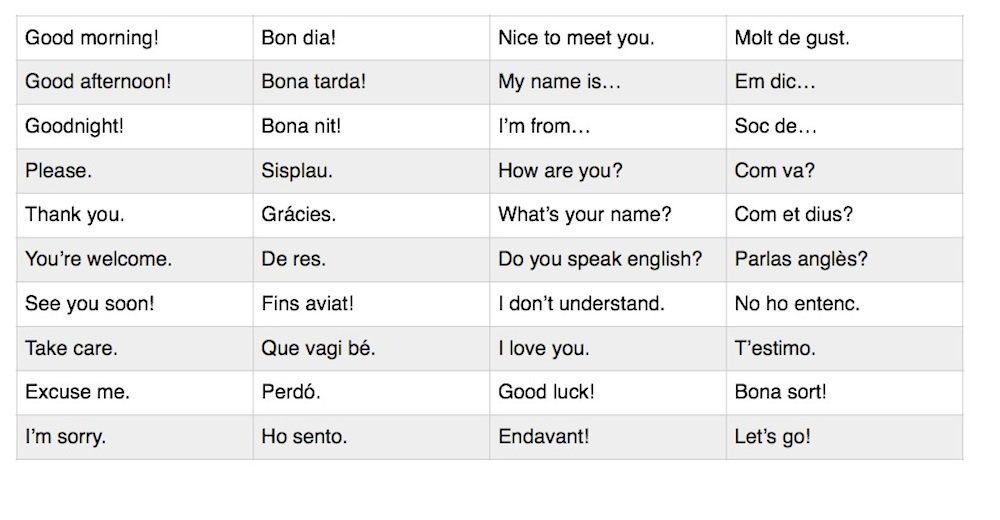
Read more
Marta C.
- Catalan
50 min lesson
12 active students
•360 lessons
8 Catalan
+1
Translated by Google TranslateShow original
Catalan teacher. Level up fast! Hello !
My name is Marta and my native language is Catalan. I was born and raised in Barcelona, but I enjoy traveling the world to learn about other languages, cultures, customs and people. I love languages, especially Catalan, my mother tongue.
My real calling is to help people and that’s why I’m here to help you speak Catalan like a real native speaker!
.
Read more
Super Tutor
Venceslau P.
- Catalan
50 min lesson
10006 active students 6 1,402 lessons
- Speaks:
+4
Translated by Google TranslateShow original
Native speaker and certified teacher of Catalan I am a passionate teacher of Catalan from Barcelona, studying Catalan philology.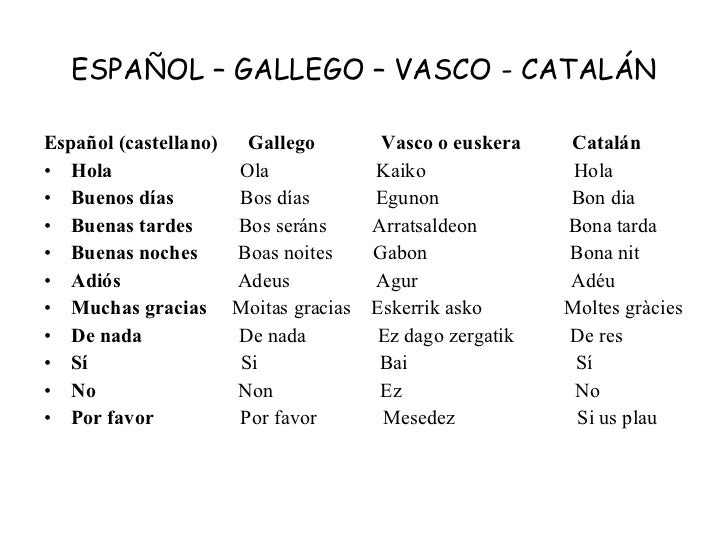
My teaching methodology is mostly the direct or natural method.
Read more
Super Tutor
Jorge C.
- Catalan
50 min lesson
9 active students
•164 lessons
- Speaks:
+2
“Catalan literature and language” of the UOC (Universitat Oberta de Catalunya). I also studied drama and dance at ESAD and CPDV in Valencia. I am interested in such issues as culture, relevance, literature, feminism, environmentalism. . .
Read more
How Preply works
Choose from over 17 Catalan tutors.

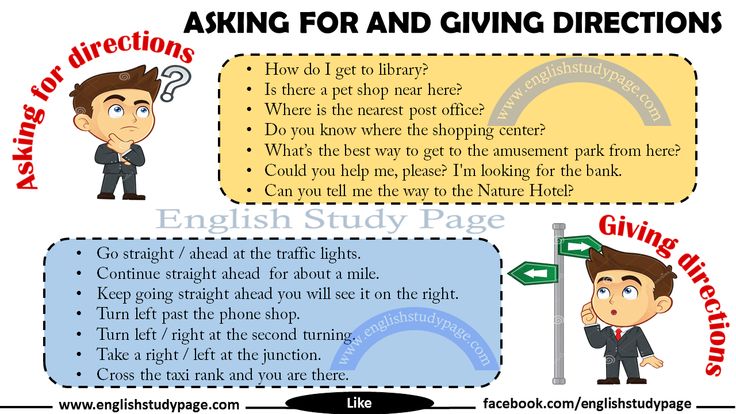 tə/
tə/ 